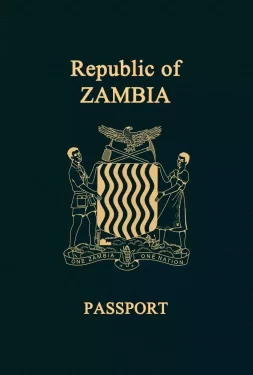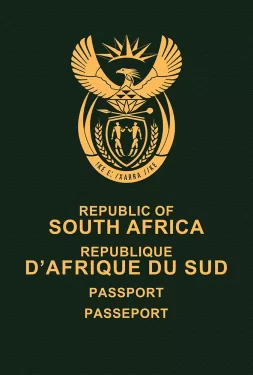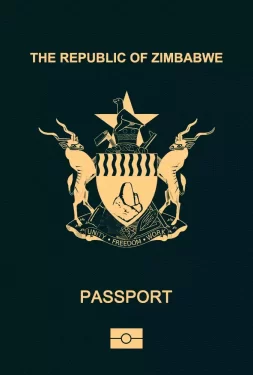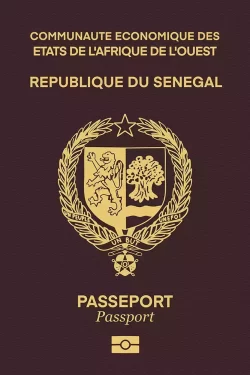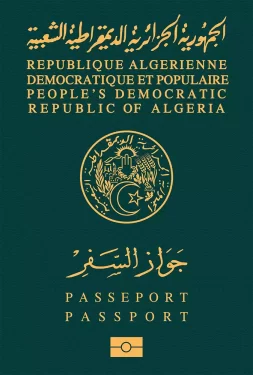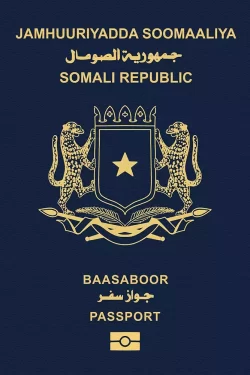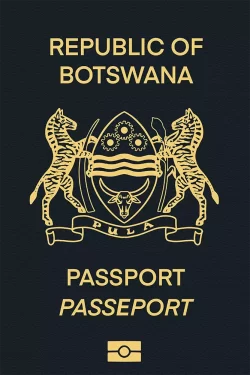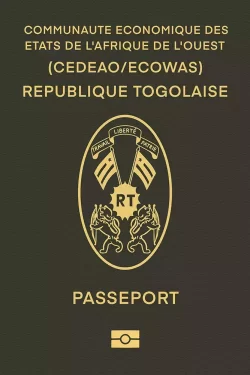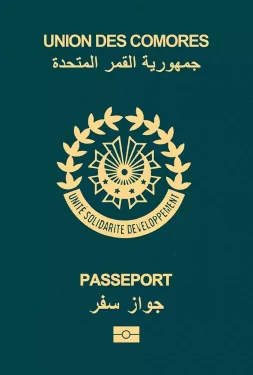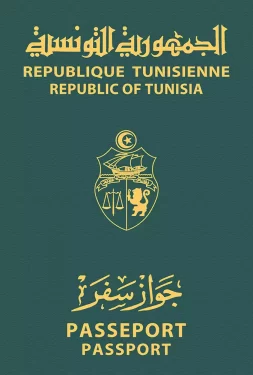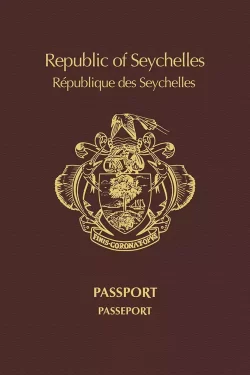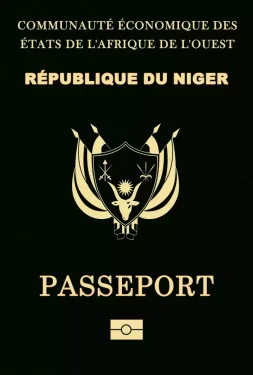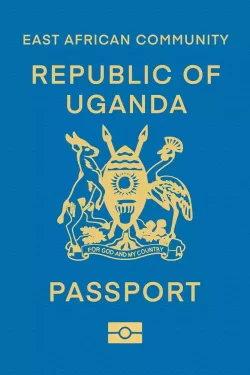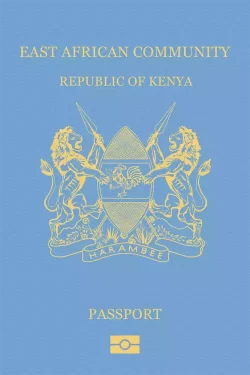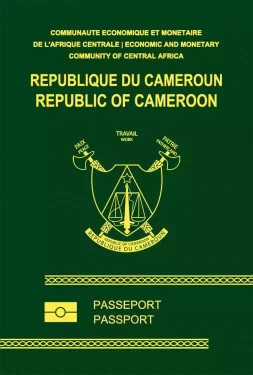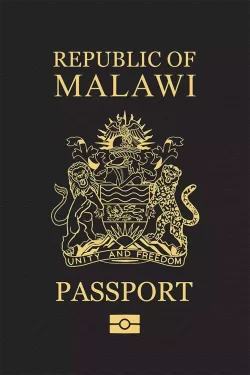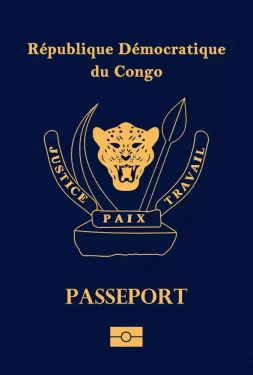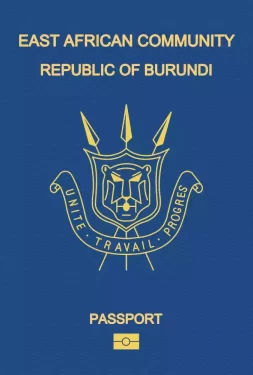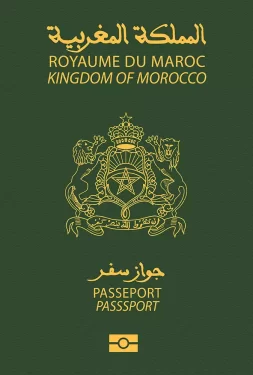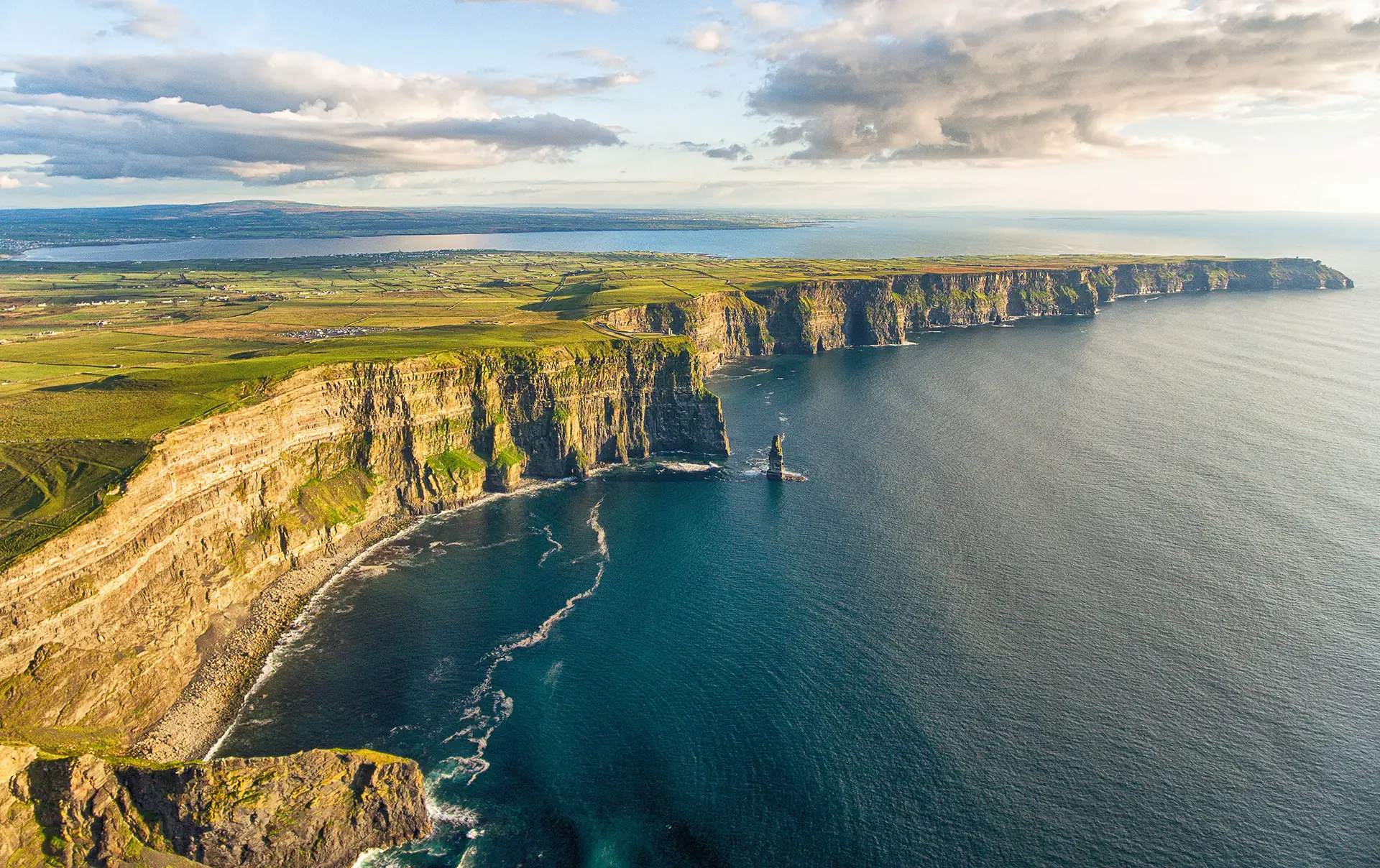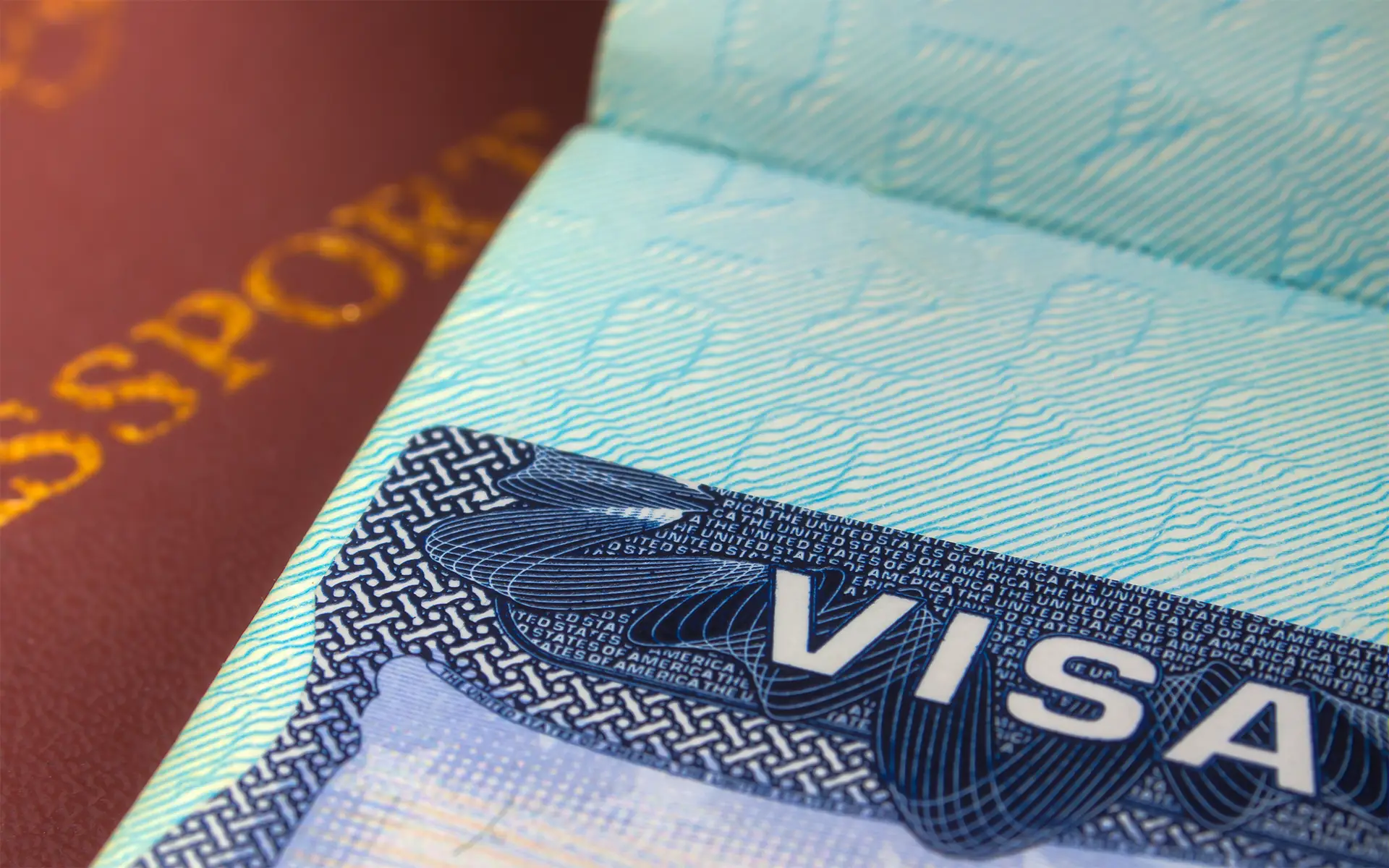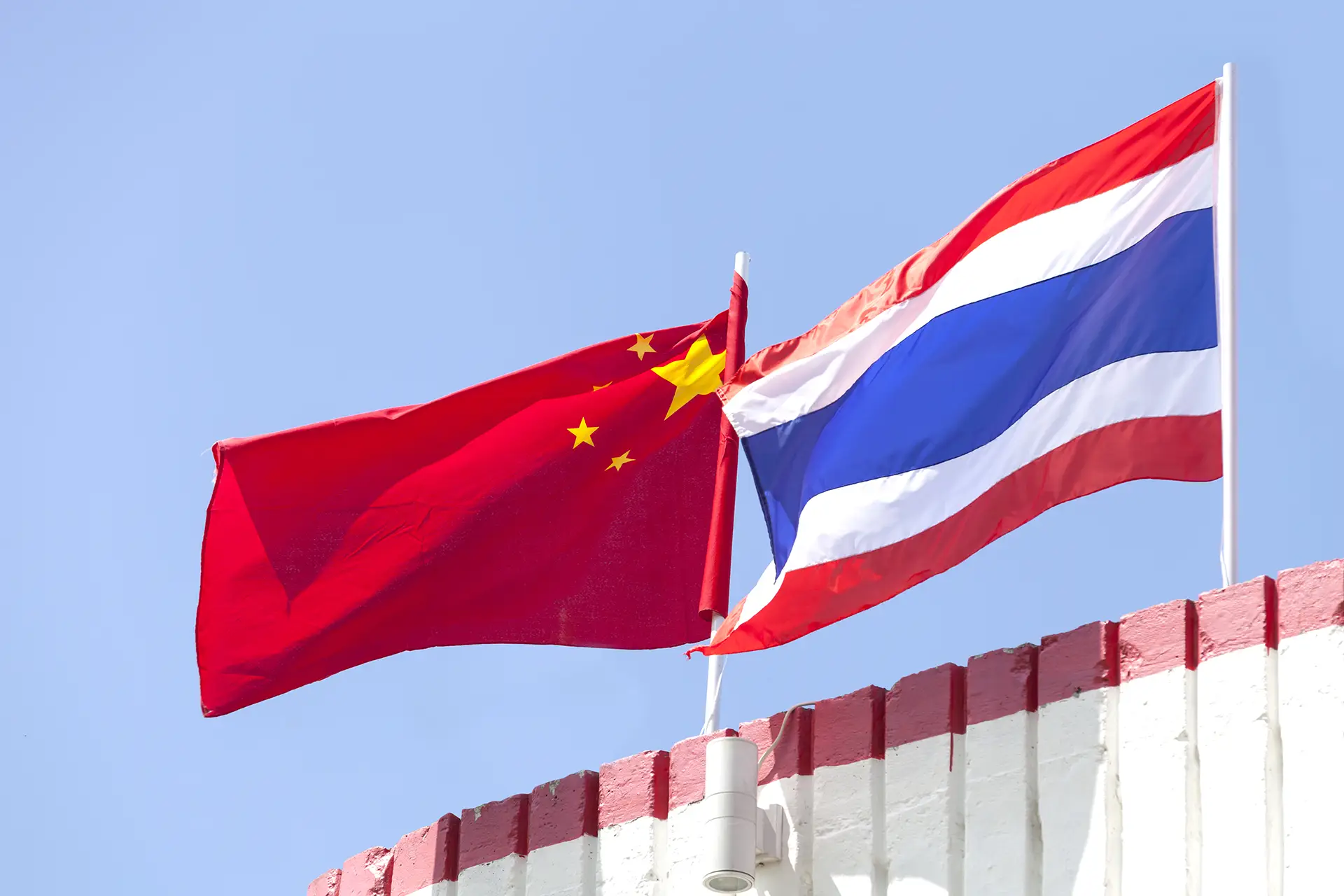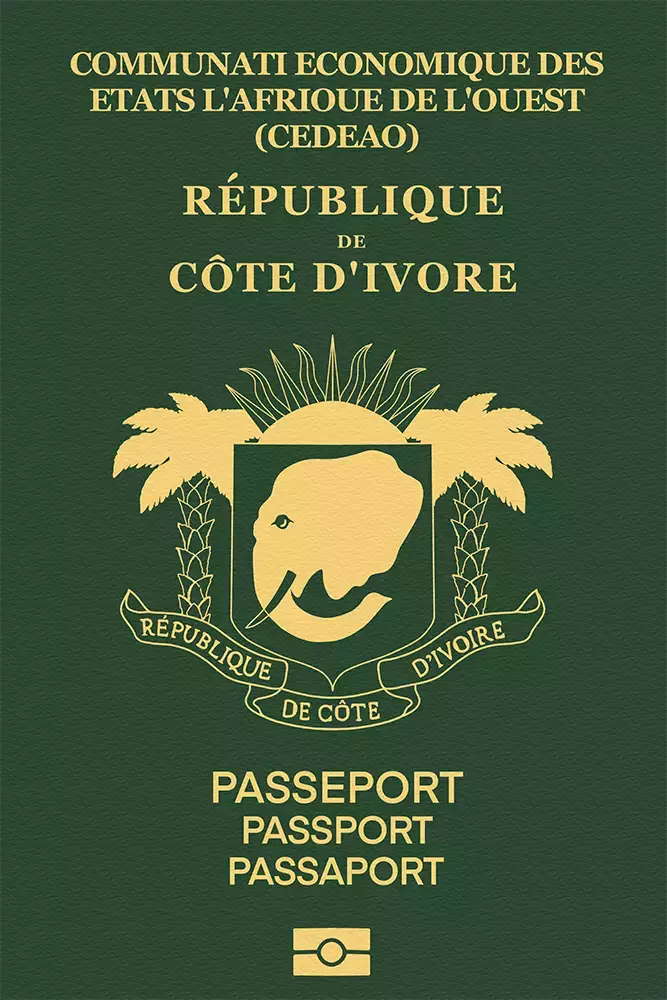
Côte d’Ivoire (Ivory Coast)
Côte d’Ivoire (Ivory Coast) passport ranking
The Ivoirian passport passport is currently ranked 84th place on the Guide Passport Index. It provides visa-free access to 56 destinations. Ivoirian passport holders have visa-free access and visas on arrival to countries such as Philippines, Singapore, Ghana and Lebanon. Ivoirian citizens do however require a visa to enter 173 destinations in the world such as China, Japan, Russia, the United States and the entire European Union. This high visa requirement results in a low mobility score.
Cote d'Ivoire (Ivory Coast) Passport Ranking
The Cote d'Ivoire (Ivory Coast) passport ranking relative to other global passports is calculated by adding up the number of countries that allow Cote d'Ivoire (Ivory Coast) passport holders to enter without a visa (i.e. visa-free countries) and those that allow Cote d'Ivoire (Ivory Coast) passport holders to enter by obtaining a visa on arrival (i.e. visa-on-arrival countries) or electronic travel authorization (eTA). There are currently a total of 30 Cote d'Ivoire (Ivory Coast) passport visa-free countries, 24 Cote d'Ivoire (Ivory Coast) visa-on-arrival countries, and 2 eTA destinations.
Altogether, Cote d'Ivoire (Ivory Coast) passport holders can enter a total of 56 destinations—either without a visa, through a visa on arrival, or via an eTA. As a result, the Cote d'Ivoire (Ivory Coast) passport ranks 84 in the world.
Separate from these Cote d'Ivoire (Ivory Coast) visa-free countries and visa-on-arrival countries, there are 173 additional destinations in which Cote d'Ivoire (Ivory Coast) passport holders either need a physical visa to enter or an eVisa (i.e. visa required countries).
About Cote d’Ivoire (Ivory Coast)
Côte d’Ivoire is a former French colony. Located in Western Africa it consists of 14 districts. It borders Burkina Faso, Guinea, Ghana, Liberia and Mali. The most important districts are Abidjan, Sassandra-Marahoué, and Bas-Sassandra. The nation is the 28th largest country in Africa with a surface area of 322,463 square kilometers, making it one of the smaller-sized countries of the continent. Its climate is divided into two climate zones: the tropical coast and the semiarid far north. Its geography is mostly flat with mountains in the northwest.
The overall population is 29.3 million people. The capital of the country is Yamoussoukro. The most populous city however is Abidjan with 3.6 million inhabitants. Other important cities of the country are Abodo, Bouaké, and Daola. The largest airport is Félix-Houphouët-Boigny International Airport (ABJ). It has an approximate yearly passenger traffic of 2 million people. It connects the country to destinations across Africa, France, and the Middle East. It is named after Félix Houphouët-Boigny, the first president of Côte d’Ivoire.
The Republic of Côte d’Ivoire gained independence from France in 1960. Its culture is dominated by a mix of traditions and the French heritage. There is a religious mix in the country, with the majority being Muslim followed by Christians. The official language of the nation is French. Additionally, there are over 60 native languages and dialects. The legal system is based on the French civil code. The government form is a presidential republic with President Alassane Dramane Ouattara as elected chief of state. The Prime Minister is Patrick Achi as head of government. Elections take place every 5 years.
The official currency of the country is the West African CFA franc (XOF) with the current exchange rate being XOF 600 to the USD. Côte d’Ivoire has an open economy, generating a GDP of approximately $77 billion. This makes it the 13th-largest economy in Africa. It has a per capita income of $2,646. The main GDP-contributing sectors are services and agriculture. The Côte d’Ivoire is the world’s largest exporter of cocoa beans and an important producer of coffee and palm oil. Over the past 5 years, the country has been amongst the strongest growing economies of the world.
Côte d’Ivoire is a developing tourism destination offering limited options. It is known for its wildlife and historic sites. The main tourist attractions are beaches and safaris. Some of the main destinations are the Grand Bassam, Abidjan, and the Tai National Park. There were about 1.9 million tourist visits to the country per year on average.
